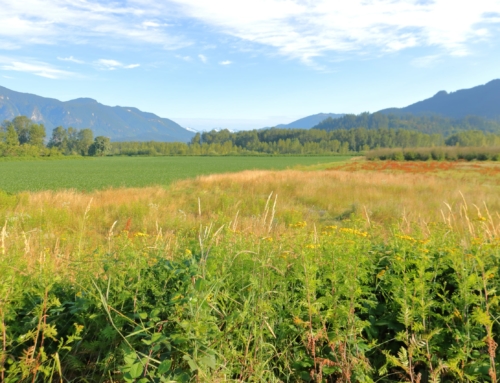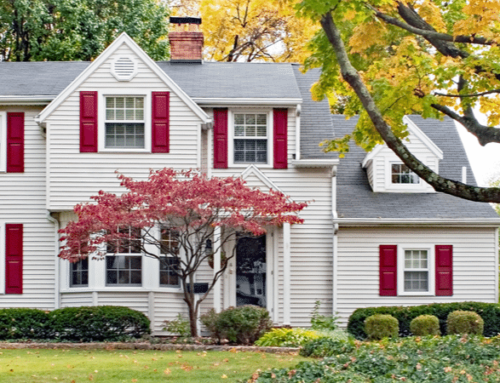Q: I inherited a 160-acre ranch in California. There is a house on it and a separate building where I have two rental apartments.
The ranch is basically bare land without horse, livestock, fruit trees or crops.
I had to move into the house last year when it was willed to me to take care of the property and fix it up to sell. When the previous owner died the property was appraised for a bit over $1 million. Now I have a buyer for twice that amount.
I would like to know if I can use a 1031 exchange to purchase a new rental property and a ranch/ farm property where I could live as a caretaker/owner. What do you think?
A: It sounds like you have a great investment on your hands. The critical question that you will face is whether the farm has become your residence. Unfortunately, you can’t utilize a 1031 tax-free exchange for your residence.
A 1031 exchange is a mechanism used by investors to sell one form of investment property to buy another. When done properly, the investor is able to defer the payment of federal income taxes until the replacement property is sold.
The key element to a 1031 exchange is that the property must be income producing property — an investment property. The property can’t be your residence.
You should talk to a 1031 exchange specialist and find out if you can divide the property and sell it as part of various transactions. One transaction would be the sale of the home, one the sale of the land and, perhaps the final transaction would be the sale of the rental building.
The rental building and the land could be part of the investment transaction and the home could be considered your residence. While the sale of the property might not have to be structured as wholly independent transactions, you might want to find out how you can benefit from the provisions of the tax code.
It is not uncommon for homeowners to live in a multiunit building and then sell it as an investment property. Some sellers even divide the transaction to claim that the portion of the building they live in is their residence and the balance of the property is an investment.
At the closing, a portion of the proceeds is allocated towards the residence and a portion towards the investment property. The seller then proceeds to use the proceeds allocated towards the investment portion of the property in a 1031 exchange. After the closing, the seller has to comply with some strict timing rules to buy a replacement property.
Your case offers some unique circumstances that need to be addressed with someone intimately familiar with 1031 exchanges and your own personal situation. You will need to decide how to allocate the residential portion of the property and the investment portion of the property. Is the value in the land or is the value in the homes? Can you get the buyer to offer to buy the home separate from buying the rental units and most of the land?
Of course, if you sell the land without using a 1031 exchange, you may pay some tax to the federal government. As you seem to have owned it more than one year, you will pay approximately 15 percent in capital gains to the federal government.
One final thought: sometimes when you inherit property and then turn around and sell it within a year or so, the new sales price is considered to be the market value for purposes of considering the property’s value on the date of inheritance. While this may increase the amount of the estate, it may allow you to sell the entire property today without paying any tax whatsoever.
After looking at the date of the inheritance as well as your documentation, a good estate attorney ought to be able to answer this question for you.
Feb. 14, 2006.






Leave A Comment